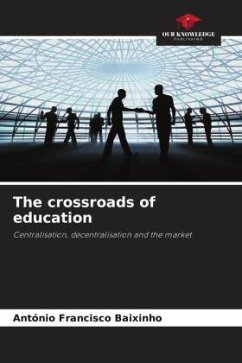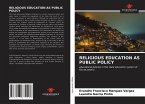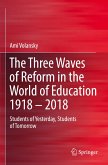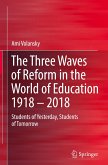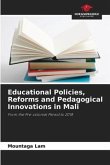The problem of this manuscript is to understand the role of the state in the (re)configuration of education policies, when the trend towards change, from a state-educator to a state-regulator, is based on the neoliberal discourse that with 'less' state but greater accountability, better results will be obtained. This process has led to a redefinition of the role and functions of the state in the social and economic spheres, causing constraints and power conflicts with regard to its political control. In this context, the market functions as a class strategy, creating mechanisms aimed at parents and families, reproducing social and economic inequalities. It is in this nebula of interests that education policies come to be conceived, that is, according to the desire for decentralisation and the hybrid materialisation of centralisation and openness to the market, depending on whether political decision-makers embark on the reforms offered to them by comparative studies, which feed preconditions and legitimise systems.
Bitte wählen Sie Ihr Anliegen aus.
Rechnungen
Retourenschein anfordern
Bestellstatus
Storno

